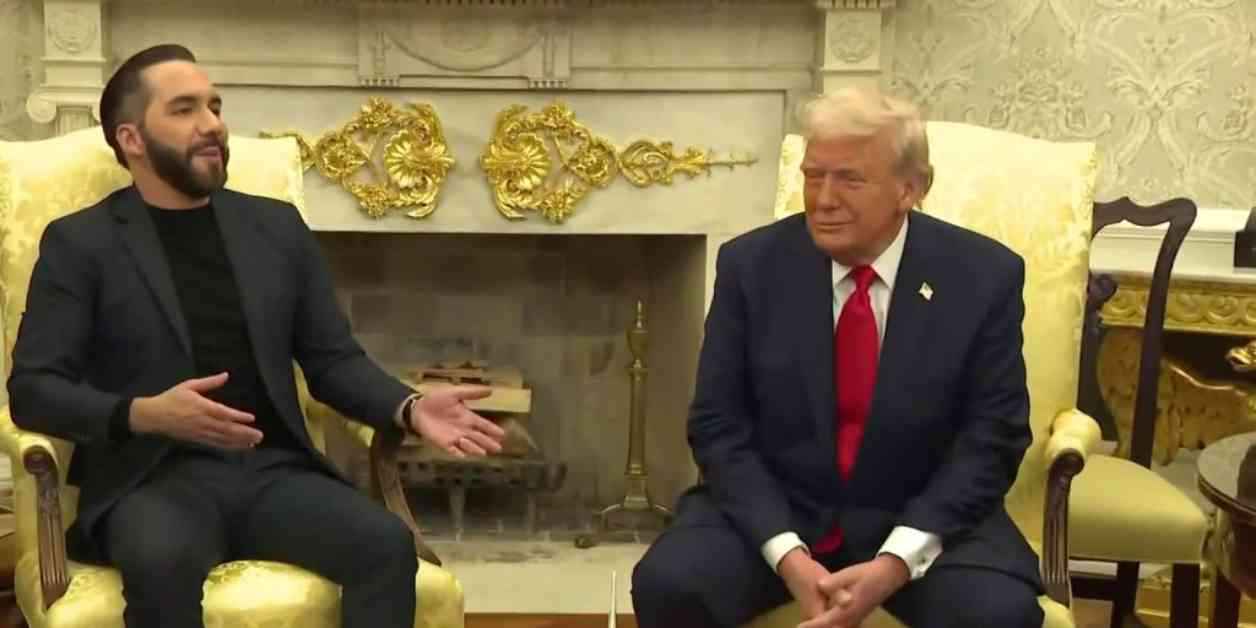El Salvador President Refuses Return of Mistakenly Deported Man
In a controversial turn of events, El Salvador’s President has made a bold decision that has caught the attention of the international community. Despite mounting pressure from the United States, the President has refused to return a mistakenly deported man to the U.S., sparking a heated debate on immigration policies and diplomatic relations between the two countries.
The man in question, who remains imprisoned in El Salvador, was mistakenly deported from the United States due to a clerical error. His case has garnered significant media attention, with advocates and officials calling for his immediate return to the U.S. to rectify the mistake. However, the Salvadoran President’s refusal to comply has escalated tensions between the two nations, highlighting the complexities of cross-border immigration issues.
Political Standoff
The political standoff between the United States and El Salvador over the fate of the mistakenly deported man has shed light on the intricacies of international relations and the challenges faced by individuals caught in the crosshairs of bureaucratic mishaps. As diplomatic negotiations continue behind closed doors, the man remains in limbo, unsure of his future and caught in the middle of a larger geopolitical battle.
Expert commentators have weighed in on the situation, with many expressing concerns over the implications of the Salvadoran President’s decision. Immigration advocates have called for a swift resolution to the case, emphasizing the need for compassion and humanity in dealing with individuals who have been wrongfully deported.
Human Impact
At the heart of this unfolding drama lies the human impact of immigration policies and administrative errors. The mistakenly deported man, whose identity remains undisclosed, represents a faceless figure caught in a web of bureaucracy and political maneuvering. His story serves as a poignant reminder of the real-life consequences of flawed deportation procedures and the importance of upholding due process rights for all individuals, regardless of their immigration status.
As the international community watches with bated breath, the fate of the mistakenly deported man hangs in the balance. Will diplomatic negotiations yield a resolution that satisfies both the United States and El Salvador, or will this standoff escalate into a full-blown diplomatic crisis? Only time will tell how this complex and emotionally charged saga will unfold, leaving us all to ponder the broader implications of immigration policies and the human cost of administrative errors.
In the meantime, the world waits with anticipation to see how this high-stakes diplomatic standoff will be resolved, and what it will mean for the future of cross-border relations between the United States and El Salvador. The fate of one man has become a focal point for a much larger conversation about immigration, bureaucracy, and the intricate dance of diplomacy on the world stage.














